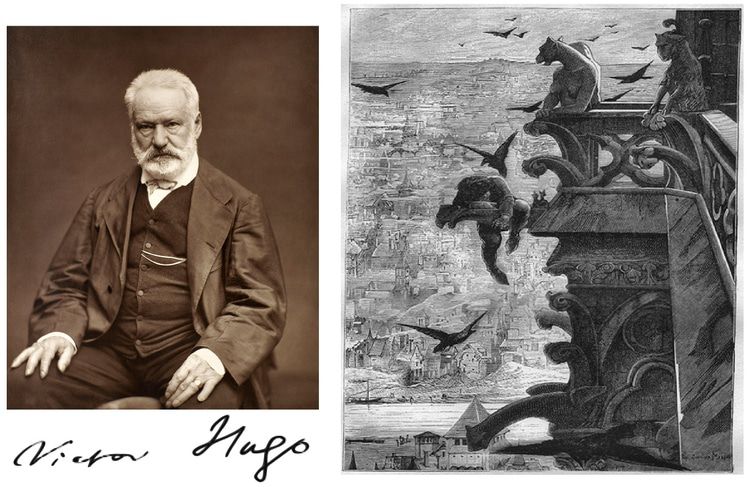


By Steve Sailer
11/20/2019

A preprint:
Intelligence and Creativity Share a Common Cognitive and Neural Basis
Emily Frith, Daniel Elbich, Alexander Christensen, Monica D. Rosenberg, Qunlin Chen, Paul Silvia, Paul Seli, Roger Beaty
CREATED ON November 19, 2019Abstract
Are intelligence and creativity distinct abilities, or do they rely on the same cognitive and neural systems? We sought to quantify the extent to which intelligence and creativity overlap in brain and behavior by combining machine learning of fMRI data and latent variable modeling of cognitive ability data in a sample of young adults (N= 186) who completed a battery of intelligence and creativity tasks. Thestudyhad three analytic goals: (a) to assess contributions of specific facets of intelligence (e.g., fluid and crystallized intelligence) and general intelligence to creative ability (i.e., divergent thinking originality), (b) to model whole-brain functional connectivity networks that predict intelligence facets and creative ability, and (c) to quantify the degree to which these predictive networks over lap in the brain.Using structural equation modeling, we found a large effect of general intelligence on creative ability (β = .63). A bi-factor model further showed joint effects of general intelligence and crystallized intelligence(Gc) on creative ability. Using connectome-based predictive modeling, we found that functional brain networks that predict intelligence facets overlap to varying degrees with a network that predicts creative ability, particularly within the right frontal cortex of the executive control network. Notably, a network that predicted general intelligence shared over half of its functional connections with a network that predicted creative ability — including connections linking frontal executive regions with posterior default regions — indicating that intelligence and creativity rely on similar neural and cognitive systems.
I know very little about creativity research. My attitudes toward creativity research are much the same as the conventional wisdom toward intelligence research:
Me: “You guys have probably never thought of … Obvious Objection X!”
Creativity Researchers: “Actually, there’s been much progress on that admitted problem since Smith’s seminal paper on the question in 1962 set off a lively debate that carried on into the mid-1980s before the current consensus approach emerged in Jones’ 1986 meta-analysis.”
Me: “Huh … Well … You guys have probably never thought of Obvious Objection Y!”
I know very little about creativity research. It would be helpful if researchers would offer more examples of what kinds of creativity they think they are measuring: Newton-Einstein-style creativity? Kanye West-style creativity?
Broadly, creativity encompasses the ability to generate novel ideas and solutions that are task-appropriate and effective (Diedrich et al. 2015; Runco & Jaegar, 2012). Similarly, intelligence is denoted by a composite of several general abilities that hinge on executing goal-directed behavior (Gottfredson, 1997; Jensen, 1998)
It would be interesting to look at examples of people whose creativity and intelligence aren’t in sync. Is, say, Quentin Tarantino, a middle school dropout, an example of high creativity without high intelligence? Or is Tarantino, as he has claimed, somebody who scored 160 on an IQ test (but seems to suffer from some sort of dyslexia problem with reading)?
In Paul Johnson’s book Creators, he nominated Victor Hugo (Hunchback of Notre Dame) as the best example of high creativity without high intelligence. But he said this disparity was rare.
It could be that to be highly creative, a solid IQ is necessary but not sufficient.
Another angle is that what gets considered “creative” depends upon genre. For example, much of creative success in “creative arts” is dependent upon having a strong sense of rhythm. For example, say you have creative and clever ideas for song lyrics … but you have no sense of rhythm. Sorry, you are not going to become a famously creative songwriter.